Traditional nursery rhymes have been an integral part of childhood for generations, passed down from parents to their children. These rhymes have served as a source of entertainment, education, and language development for young children. However, as society's values and beliefs have evolved, some of these nursery rhymes may no longer be appropriate for modern children and some, including myself, would say they need to be rewritten.
One of the primary reasons to rewrite traditional nursery rhymes is to eliminate any negative or offensive language or themes. Many nursery rhymes contain violent or aggressive imagery, such as "Jack and Jill" or "Three Blind Mice," which may not be suitable or even traumatising for some children. Similarly, some nursery rhymes contain derogatory terms or stereotypes that can foster prejudice in young children.

Similarly, "Peter, Peter, Pumpkin Eater" depicts a husband who confines his wife in a pumpkin shell, suggesting that women can be controlled and should only seek refuge in domesticity. By rewriting these rhymes, we can ensure that they contain only appropriate and positive messages that align with our current values and beliefs.
Another reason to rewrite traditional nursery rhymes is to make them more inclusive and representative. Many traditional nursery rhymes are centered around white, middle-class children's experiences, neglecting the diversity of the modern world. By rewriting these rhymes, we can make them more inclusive and representative of the different backgrounds and experiences of modern children. This will help children feel seen and heard, fostering a sense of belonging.
Many old fashioned nursery rhymes and bedtime stories are quite dark and not ones that encourage sweet dreams. Most modern parents would not tell their children many of the bedtime stories told to their great grandparents. Likewise there are nursery rhymes used as lullabies, which are supposed to lull a baby or small child to sleep, but which have ominous imagery. For example, Rockabye Baby which depicts a baby in a cradle falling from the treetop to the ground.
Other lullabies underestimate a child's capacity and need to learn. For example, Twinkle Twinkle Little Star, which still clings to the concept of stars being something unknown up in the sky, and not akin to our Sun, which it also misrepresents as something that disappears at night.

Rewriting traditional nursery rhymes also provides an opportunity to teach children new skills and values. For example, modern nursery rhymes can incorporate concepts such as environmentalism, inclusivity, and kindness. These themes encourage positive behaviors and teach valuable lessons, helping children grow into socially responsible and empathetic adults.
Traditional nursery rhymes have been a vital part of childhood for generations. However, as society's understanding, values and beliefs have changed, it is becoming increasingly necessary to rewrite these rhymes to be relevant, educational and overcome past prejudices. Doing so will eliminate negative or offensive language, make them more inclusive and representative, and teach valuable skills and values. Ultimately, this will help children grow into responsible and compassionate individuals who contribute positively to society.
Is there anyone taking on this task? Look no further than our very own WPop Music For Kids team.

You can help make a difference by sharing our songs and music videos with your children and friends. We have released a few songs already including Twinkle Twinkle Little Star and Baa Baa Blue Sheep. We also modified Five Little Ducks but that was just for fun.
We have just released our version of the very popular old English lullaby, Rock-a-Bye Baby. We hope you enjoy it! You can watch it here...
Please subscribe to the YouTube channel (@WPopMusic) and "stay tuned!" ;)






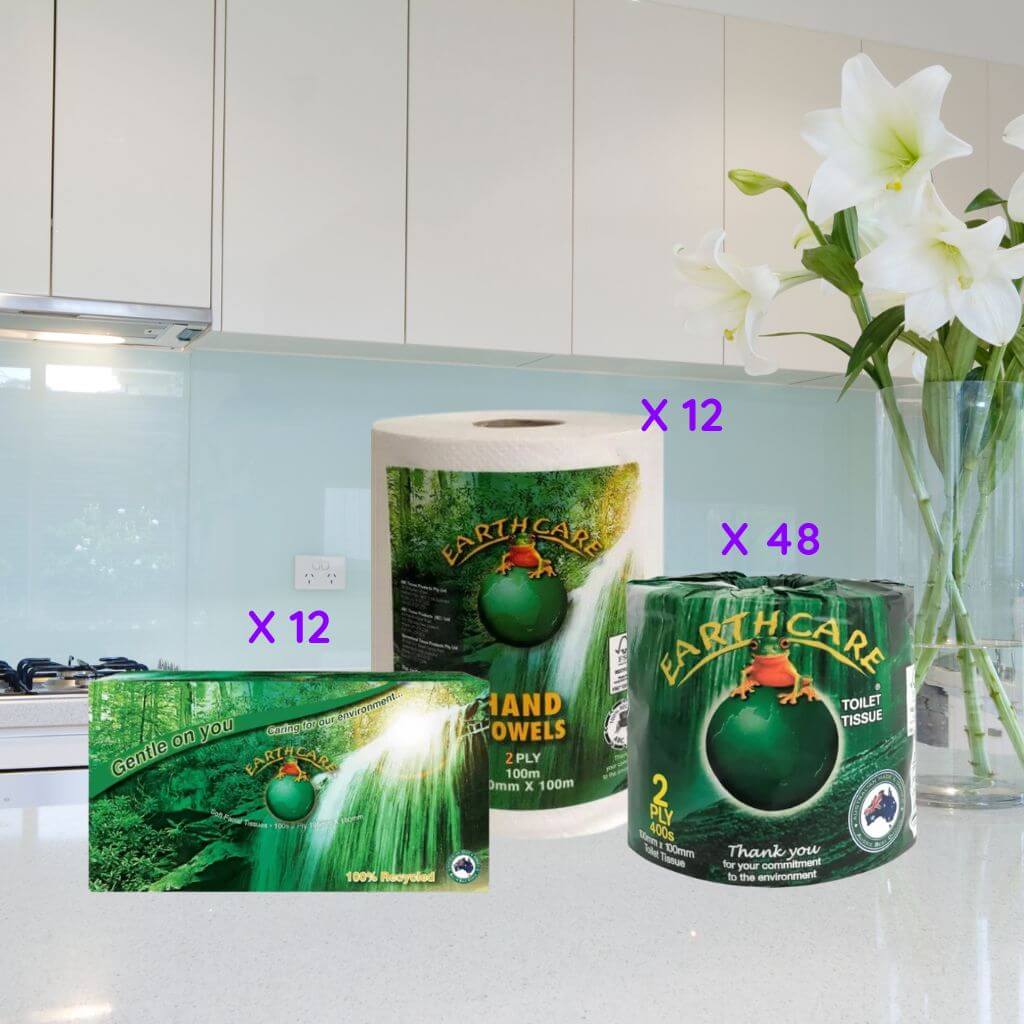


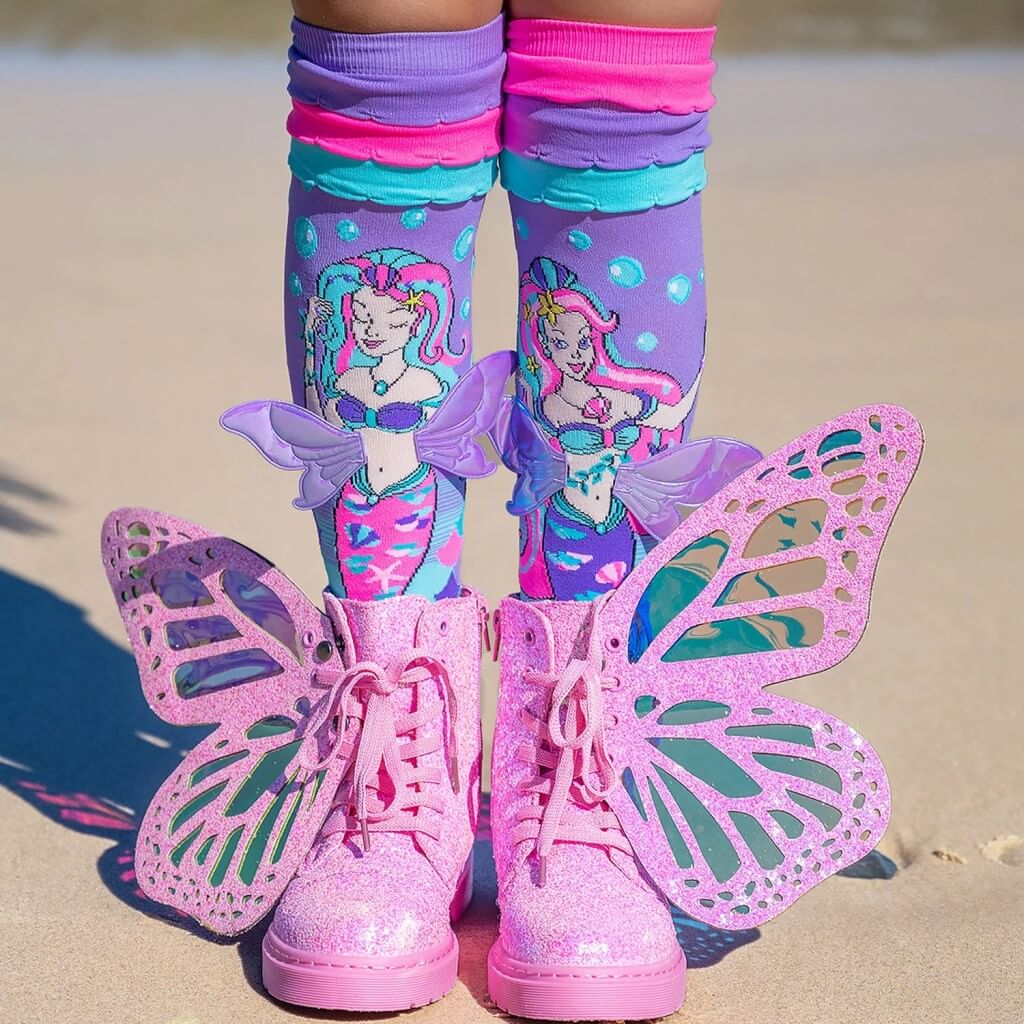
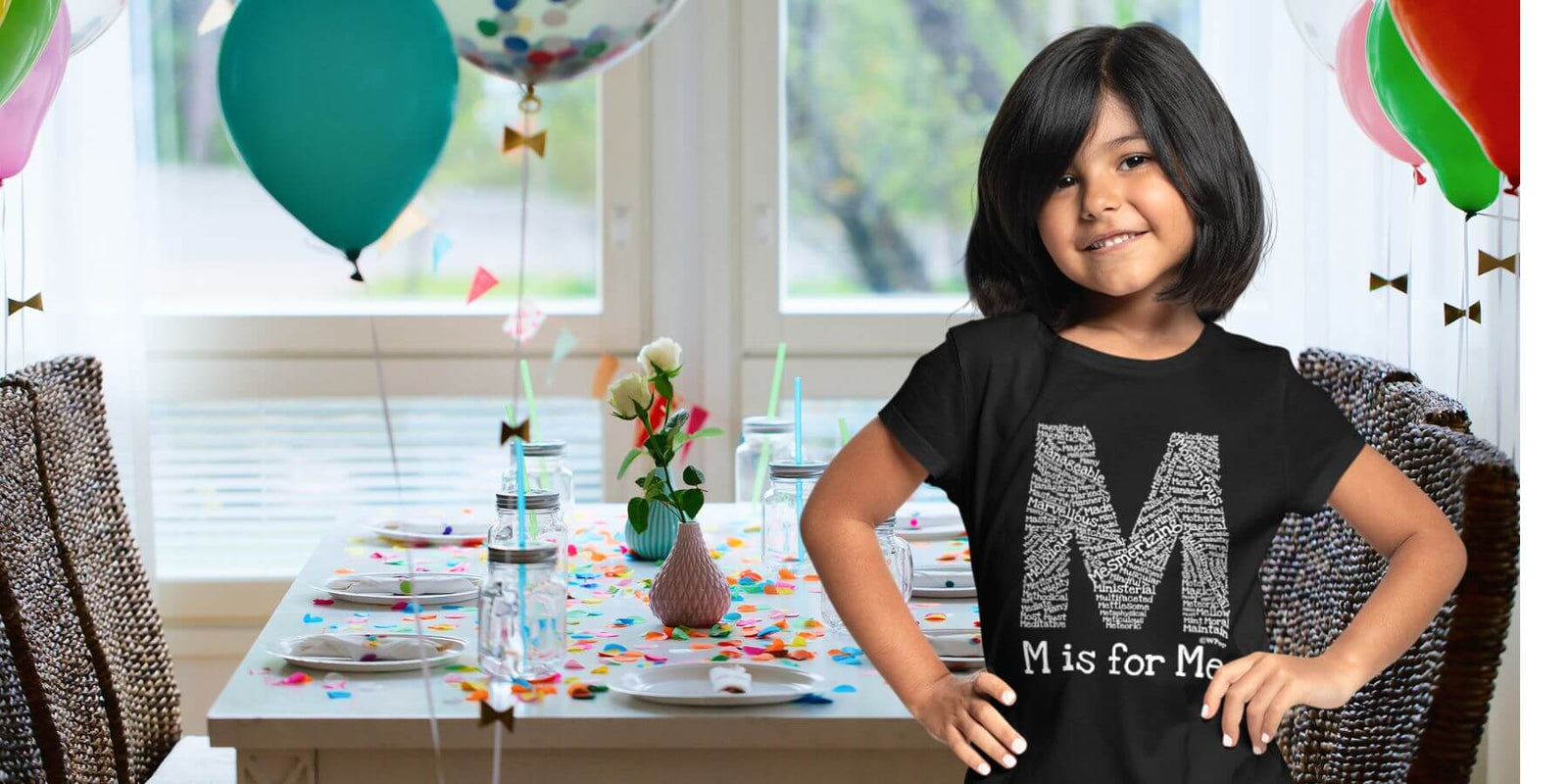
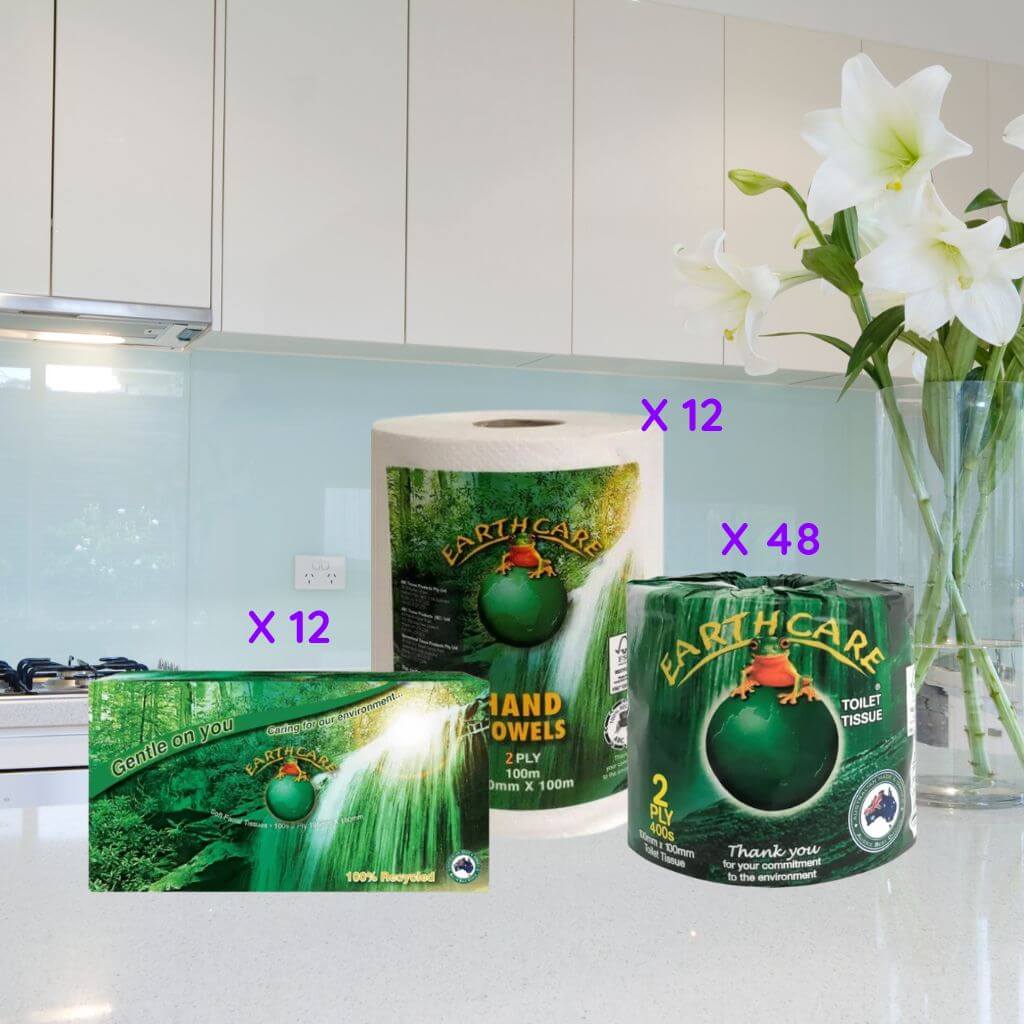




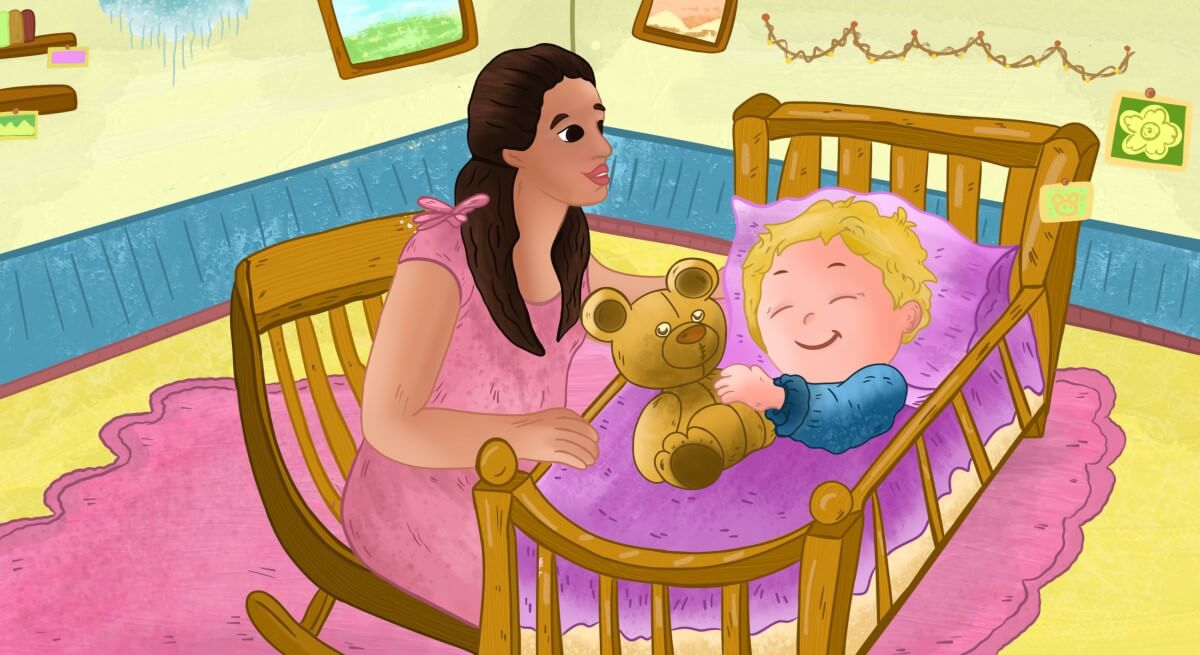
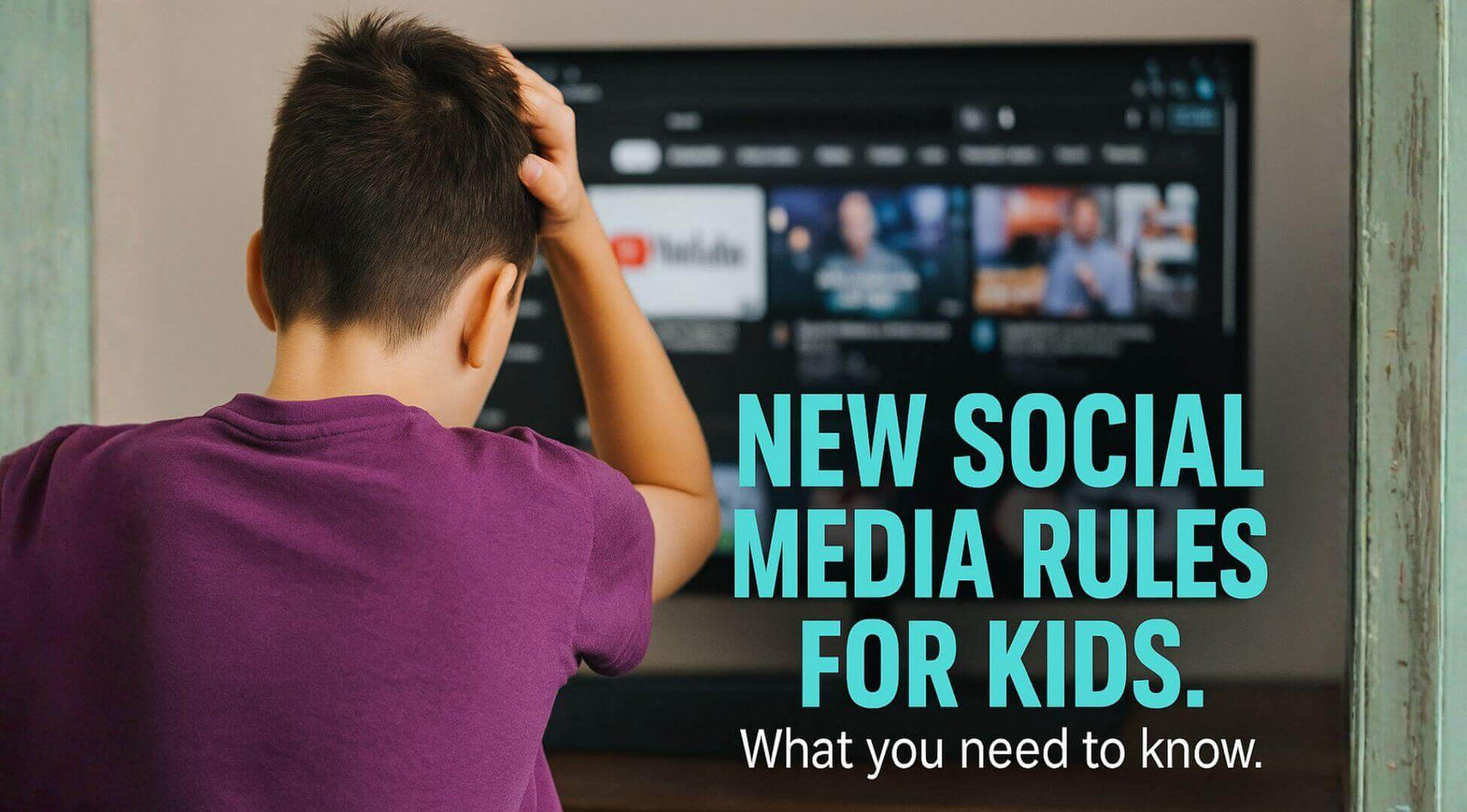
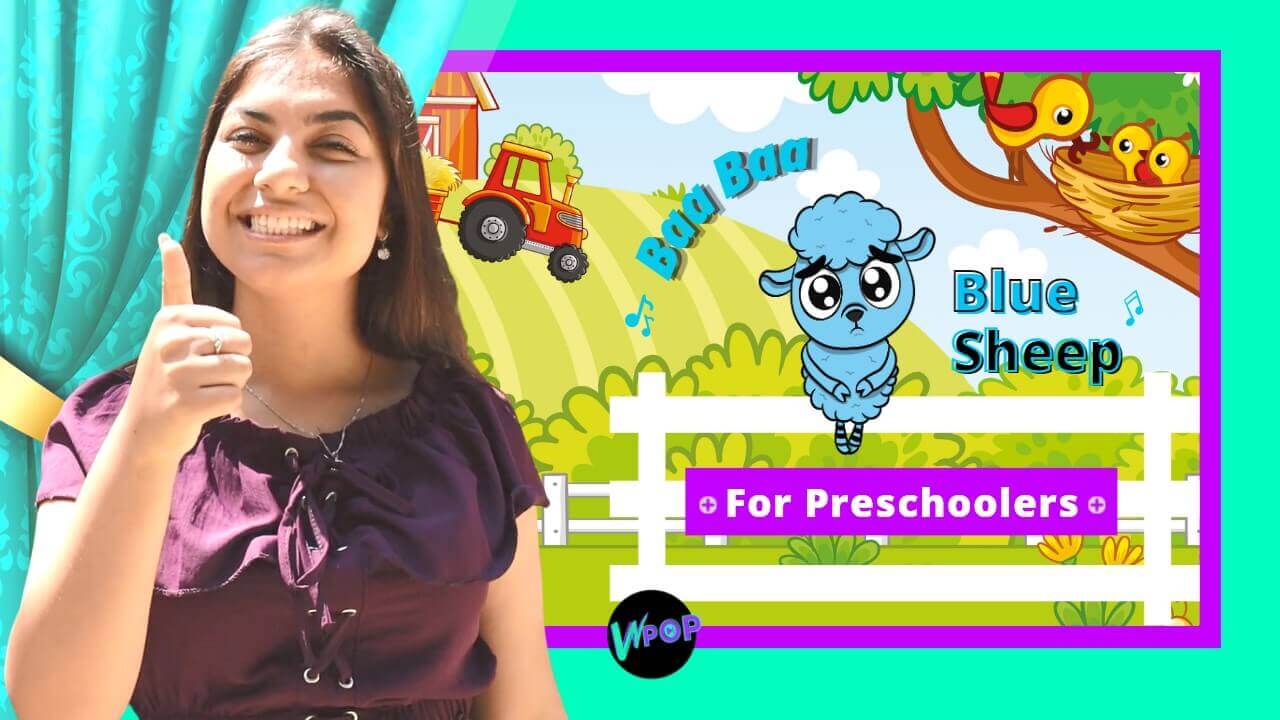
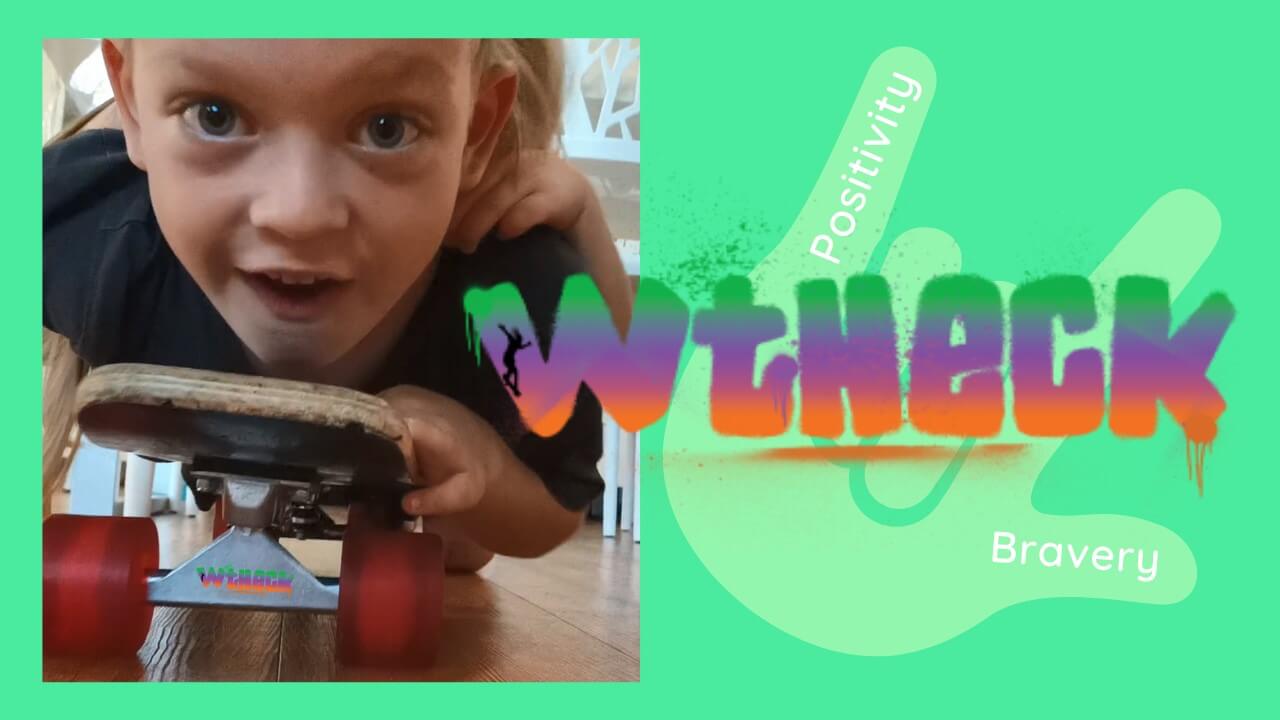


Leave a comment (all fields required)